| Title & Abstract |
|
Speaker & Bio |
|
|
| PLUME |
|
Véronique Baudin |
|
Research |
| How to get visibility using PLUME/RELIER portal |
|
PLUME-LAAS |
|
|
 |
|
Veronique Baudin is a research engineer at CNRS-LAAS (Laboratory of the French National Center for Scientific Research).
She has developed softwares (production management, discrete event simulation using PetriNets) used by many companies and universities.
Since 1992 she has worked with the “Communications Software” research group at LAAS on various projects related to systems using high speed multimedia communications networks for cooperative applications. |
|
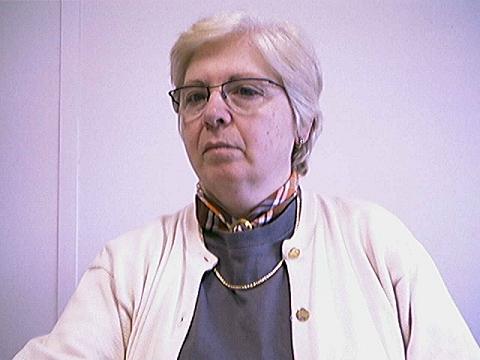 |
|
|
|
|
|
| Sonal |
|
Alex ALBER |
|
Research |
Logiciel innovant de
retranscription d’entretiens audio |
|
Centre d’Etudes de l’Emploi – Laboratoire
Printemps |
|
http://www.sonal-info.com |
| Sonal is a free and innovative software helping scholars and students to transcribe and analyse their scientific interviews. It works like a sampler gathering both audio and text abstracts from all the interviews collected during a research so to build a “qualitative database”. It then becomes a very powerful tool for qualitative data analysis.
After a brief overview of the software’s functionning, I will explain why I chose to spead it as a free software and why I need some help in order to make it both free and open source. |
|
Je suis… Je suis… TOP… “Docteur en sociologie de l’Université de Versailles St-quentin en Yvelines, aujourd’hui Maître de Conférences à l’Université François Rabelais de Tours.
Je suis spécialisé dans la sociologie de l’encadrement du secteur public mais j’ai la particularité de beaucoup m’investir dans la réflexion méthodologique et d’avoir conçu plusieurs logiciels scientifiques dont Sonal.”
 |
|
|
|
|
|
|
|
| Opensource Maturity Model |
|
Alberto Sillitti |
|
Methodology |
| Monitoring OSS project efficiently! |
|
Bolzano University IT, QualiPSo
|
|
|
The QualiPSo OpenSource Maturity Model (OMM) is a methodology for assessing Free/Libre Open Source Software (FLOSS) and more specifically the FLOSS development process.OMM helps in building trust in the development process of companies using or producing FLOSS.
The aim of the methodology is to enable software companies to use FLOSS software in production and, in particular, in their main stream products and not only in prototypes.
The objectives of OMM are:
1. To provide FLOSS communities a basis for developing products efficiently and making their products trustworthy for the potential customers, and also for integrating companies.
2. To provide FLOSS integrators a basis for evaluating the processes used by the FLOSS communities.
OMM is interchangeably referred to as model and methodology. It is first a model that contains all the elements that have to be assessed, but it is also a set of rules and guidelines describing how to conduct the assessment process.
OMM has been designed to be compatible with CMMI that is a widely adopted model in the industry. |
|
Alberto Sillitti, Ph.D., PEng is Associate Professor at the Faulty of Computer Science of the Free University of Bolzano-Bozen, Italy.He is involved in several EU funded projects related to Open Source Software and Agile Methods in which he applies non-invasive measurement approaches.
He has served as member of the program committee of several international conferences and as program chair of OSS 2007 in Limerick (Ireland).
His research areas include open source development, agile methods, software engineering, non-invasive measurement, web services.
He is co-author of the book titled “Agile Technologies in Open Source Development” published by IGI Global in 2009. |
|
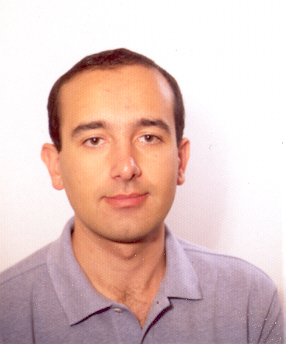

|
| Link |
|
|
|
|
| Successfull Interoperability Practices |
|
Yuri Glickman |
|
Methodology |
|
|
|
Fraunhofer DE, QualiPSo |
|
|
|

|
|
Yuri Glickman is a senior researcher at Fraunhofer Institute for Open Communication Systems (FOKUS), which he joined in January 2001.Yuri Glickman was/is actively involved in numerous industrial and research projects for telecommunication and eGovernment systems by means of designing and testing new generation QoS networks, designing and implementing TTCN-3 based and model driven test systems following the Model Driven Architecture (MDA) approach, technical interoperability testing of open source software systems, modelling, monitoring, simulation and optimisation of business processes, design and development of a secure eGovernment and mGovernment platforms. |
|
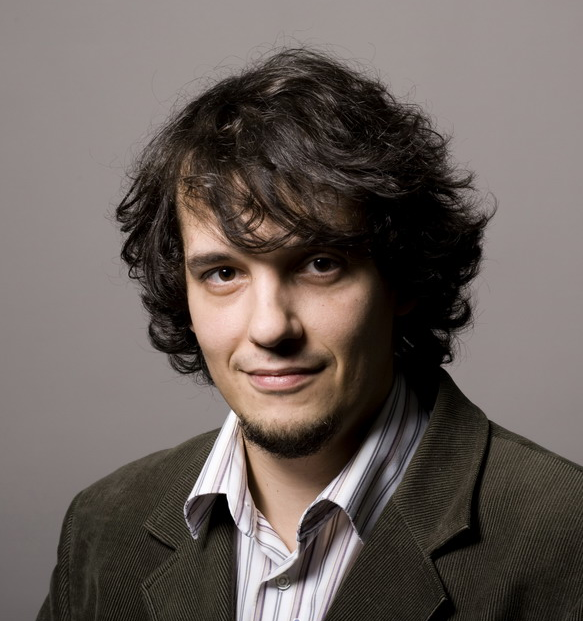 |
|
|
|
|
|
| TrustedBird |
|
Laurent Cailleux |
|
Public Sector |
| Security extensions to the Mozilla Thunderbird email client |
|
|
|
|
| Trustedbird is an open source project managed by the French Ministry of Defence that is focused on integrating new enterprise features and extensions to the Thunderbird email client. The main objectives of this project are to meet military and civilian requirements in different domains, and in particular for the security domain.The Trustedbird project is composed of several modules. An email client, based on Mozilla Thunderbird with several integrated features (mainly security features), called Trustedbird. Different add-ons which work with Mozilla Thunderbird or Trustedbird. Are also available server scripts which manage an email gateway with priorities.
All modules are distributed under free software licenses MPL version 1.1+, GPL version 2+ and LGPL version 2.1+. |
|
French ministry of defence,
DGA Information Superiority. Communication and Information Systems
(CIS) engineer. Technical lead for Trustedbird project.



|
|
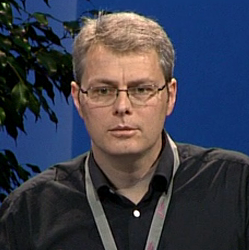
|
|
|
|
|
|
| Moodle |
|
Marc Humbert & Rennard Jean-philippe |
|
Public Sector |
| GEM experience in eLearning, un retour d’expérience sur l’utilisation de la plateforme Open source Moodle
- Presentation of MOODLE in GEM environment
- Presentation of the developers and user communities
- Presentation of GEM usage in the opencourseware field |
|
GEM School, France
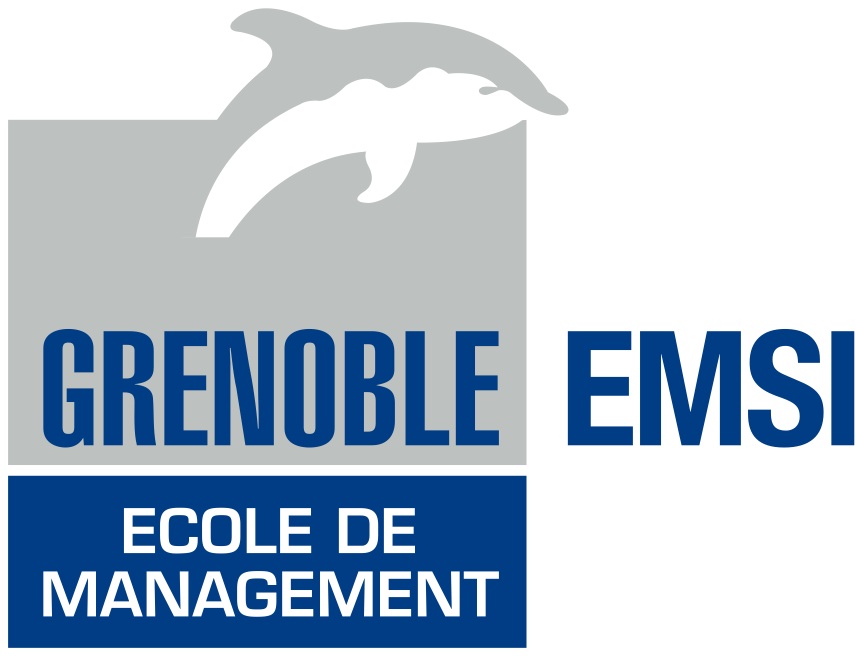
|
|

|
|
|
|
|
|
| BonitaSoft |
|
Charles Souillard |
|
Misc. |
| The BPM game-changer |
|
BonitaSoft & OW2 Consortium |
|
|

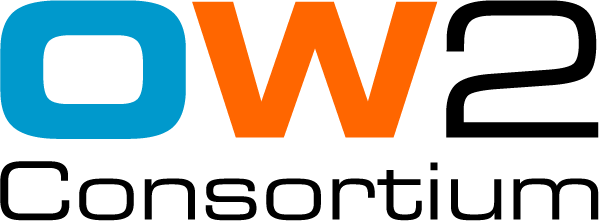
|
|
Chief Technical Officer and co-founder.
Charles leads the BonitaSoft product development organization. Charles coordinates with the Bonita community and users to define the product roadmap and is responsible for its execution.
Prior to BonitaSoft, he was head of the Bonita core development team within Bull and has significant experience developing critical application with Business Process Management and Service Oriented Architecture technologies.
Charles holds a Master’s degree in Computer Science from Polytech de Grenoble (France). |
|
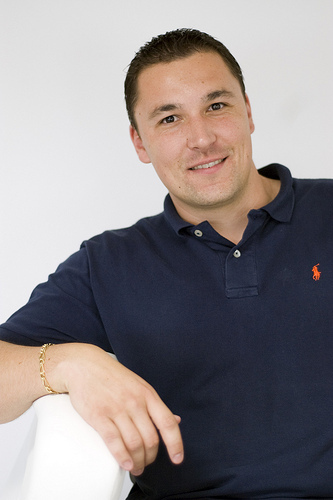 |
|
|
|
|
|
| HELIOS |
|
Olivier Berger |
|
Forges |
| Bugs tracking at a large scale in the open source ecosystem |
|
Telecom SudParis |
|
|
The presentation will illustrate the work we’ve done in the HELIOS project (System@tic R&D cluster / Special interest group on FLOSS), and will present some elements related to Semantic Web techniques for large scale bug tracking, as well as the standard protocol OSLC-CM which allows the development of real interoperable applications (with a demo of our server modules for Mantis and FusionForge).
|
|
|
|
|
|
|
|
|
|
| Interoperability forge |
|
Sébastien Campion |
|
Forges |
| Interoperability and data lock-in of forges |
|
INRIA Research Engineer
Service of Experimental plateforms & Development + TEXMEX – Research Team |
|
https://forge.projet-coclico.org/projects/wp2/ |
Academic projects can have very different life cycles.
They may, for example, start by the prototype needed for experiment and finish in open-source software or could be transferred for an industrial development.
Practically and in the best cases, users retain a copy of version
control data and lose the knowledge capitalization contained in other tools like the artifact trackers (bug tracker, RFE trackers lists). The projects have a life cycle and thus an end.
Again, the concept of archiving is not taken into account in software forges.
To respond to these problems of data lock, Eric Raymond has initiated the development of the tool ForgePlucker.
Under COCLICO project, INRIA has contributed to the development of the tool to allow full export of a project from FusionForge but also proposed a change in this forge for importing data. |
|
Research engineer at INRIA Rennes, i maintain and develop a multimedia indexation plateform for the team Texmex to enable creation of efficient search algorithm in large dataset (10 millions of images, 10 000 hours of videos, …)
I also manage de INRIA Forge services that hosts 2300 projects with 9000 users registrated (near half terabytes of data)

|
|
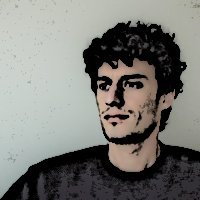
twitter : sebcampion
http://www.irisa.fr/prive/Sebastien.Campion/index.php |
|
|
|
|
|
| Qualipso factory |
|
Christophe Bouthier |
|
Forges |
| Next generation forge! |
|
INRIA, QualiPSo |
|

|
|
|
|
|
|
| Novaforge |
|
Christian Remy |
|
Forges |
|
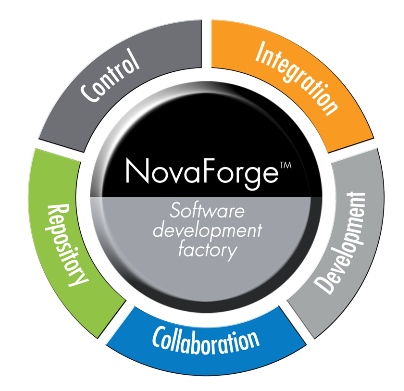 Feedback on the use of NovaForge in a production environment Feedback on the use of NovaForge in a production environment
|
|
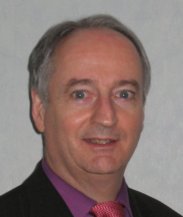 Christian REMY is currently Program Director of the Bull Open Source software forge, NovaForge. Christian REMY is currently Program Director of the Bull Open Source software forge, NovaForge.
After many years of software development management, he has been specifically involved in Open Source activities and collaborative projects.
Founding member of the Open Source Objectweb Consortium (now OW2), he managed then the Bull Open Source Competence Center.
Participates currently to the Qualipso European project and coordinates the French Coclico project.
|
|


|
|
|
|
|
|
| Spago4Q |
|
Davide Dalle Carbonare |
|
Tooling |
| Quality monitoring in OSS Projects |
|
Engineering Group, QualiPSo, OW2
|
|
|
| The workshop is dedicated to Spago4Q platform (www.spago4q.org), the free/open source platform to measure, analyze and monitor quality of products, processes and services, and to its practical usage.A quick overview will highlight the concepts at the base of Spago4Q platform and its most interesting features. Besides, it focuses on Spago4Q adoption within the EU QualiPSo project (www.qualipso.org) and the Italian Competence Center (www.flossitaly.it), as single point of aggregation for data analysis and results computation and visualization.Web link: www.spago4q.org |
|
Davide is an Open Source consultant and IT solution architect at Engineering Ingegneria Informatica.He is actually working on various activities such as: quality monitoring of software processes and products; software selection; collaborative methodologies for project management, software development infrastructures integrating open source tools; project automation; performance test and application profiling.He is currently involved in the EU QualiPSo project, working on trustworthy results and processes. |
|



|
|
|
|
|
|
| Ubuntu cloud strategy |
|
Nicolas Barcet |
|
Cloud |
| Can IaaS be used in your Labs? |
|
|
|
|
| Infrastructure as a Service could be a great tool to share access to computing power between labs without impeding on the tooling choices each lab may have done.This session will start by a short presentation of the open source IaaS solutions that can be deployed on top of Ubuntu and will be followed by a discussion on how this could or could not be applicable to your environments. |
|

Nick Barcet joined Canonical in September 2007 as Ubuntu Server Product Manager, focusing on bringing together the requirements that our users have in order to make our server product the easiest platform to deploy in business, enterprises and Internet data centers.More recently Nick is transitioning to a Cloud Architect role to help organizations (customers and partners) define their cloud strategy and build their own cloud infrastructures.Previously Nick worked at Intel as a Technical Marketing Manager and at Novell as an Identity Management consultant and pre-sales manager.
As such he was involved on multiple very large projects deployment projects. |
|


|
|
|
|
|
|
| Why ? |
|
Sébastien Paumier |
|
Research |
Why academic software should be
open source |
|
LIGM |
|
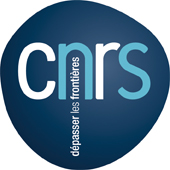
|
|
|
|
|
|
| Unitex |
|
Sébastien Paumier |
|
Research |
| A corpus processing system |
|
LIGM |
|

|
|
|
|
|
|
| ITOP |
|
Erwan Taloc |
|
ITILL methodology |
| An OpenSource alternative to deploy ITIL best practices. |
|
Combodo |
|
Startup |
| |
|
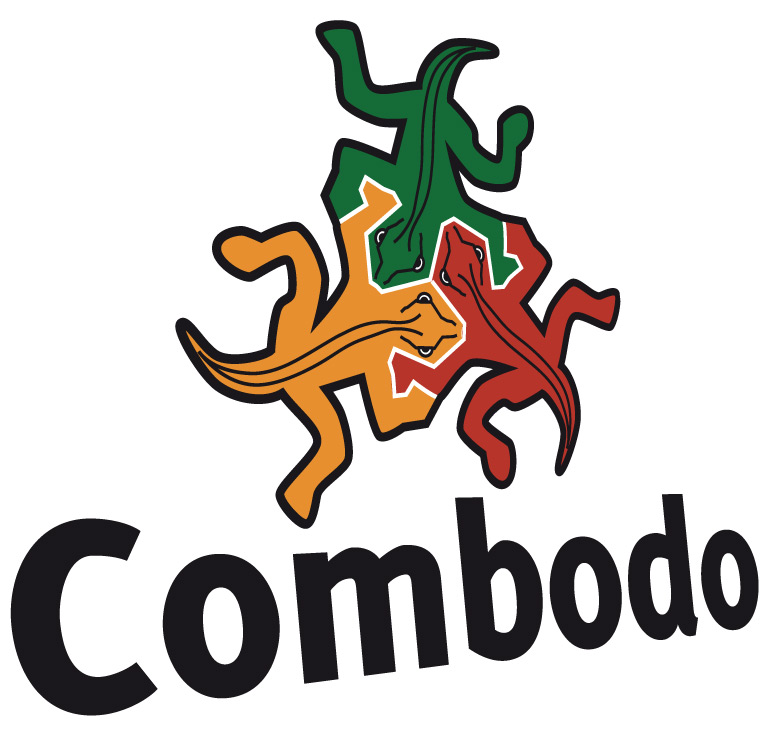 |
|
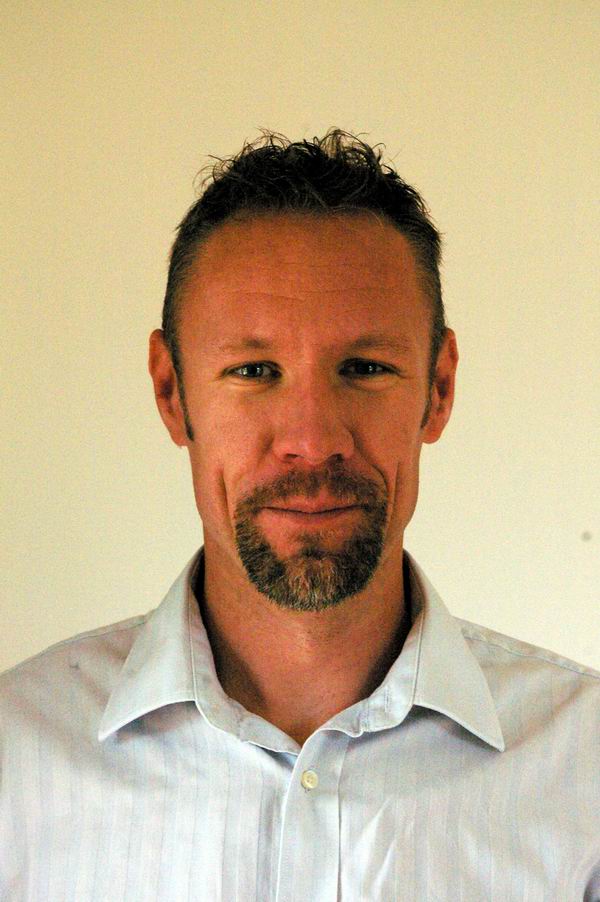 |
|
|
|
|
|
| Agile management |
|
Davide Dalle Carbonare |
|
AGILE methodologies |
OSS Agile project management
tools framework |
|
Engineering Group, QualiPSo |
|
|
| This workshop rise the point of view to how the Agile Project Management can be supported by open source tools and practices, to ease management, development and monitoring activities. This part is based on the field experience of different development groups facing real daily needs. |
|
Davide is an Open Source consultant and IT solution architect at Engineering Ingegneria Informatica.He is actually working on various activities such as: quality monitoring of software processes and products; software selection; collaborative methodologies for project management, software development infrastructures integrating open source tools; project automation; performance test and application profiling. |
|


|
|
|
|
|
|
| Gdhe |
|
Matthieu Herrb |
|
Hardware |
Visualisation 3D en robotique et
systèmes embarqués |
|
LAAS |
|

|
|
|
|
|
|
| SensLab |
|
Eric Fleury |
|
Hardware |
A very large scale open wireless
sensor network platform |
|
INRIA |
|
 |
|
|
|
|
|
| AspireRFID |
|
Didier Donsez |
|
Hardware |
| OSS RFID Tooling & Framework
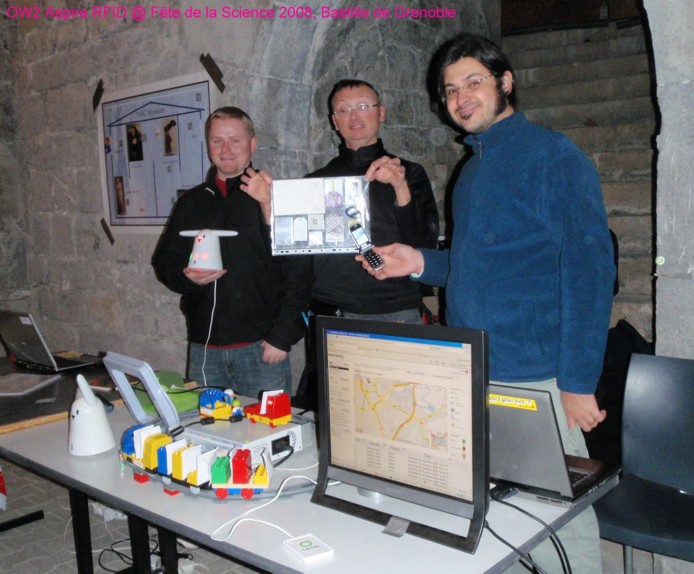
|
|
ADELE, Joseph Fourier University, AspireRFID,
OSGi, OW2
|
|
 |
|
|
|
|
|
| Open Source? To trust or not to trust? |
|
Davide Taibi |
|
Methodology |
| MOSST Initiative – Method & portal to assess/evaluate of the quality of FLOSS |
|
Università degli Studi dell’Insubria in Como
& Varese, Italy, QualiPSo |
|
|
| The workshop focuses on the trustworthiness issues of FLOSS products.Specifically, the workshop will illustrate the models defined in the QualiPSo project, based on the trustworthiness factors identified during the QualiPSo project:
- the MOSST model (Model for Open Source Software Trustworthiness), which addresses the trustworthiness of FLOSS products themselves
- the OP2A model (Open Product Portal Assessment), which helps developers assess the quality and completeness of the information provided by FLOSS websites and repositories.
After the models are described, possible improvements and a roadmap for future work will be discussed with the audience. |
|
Davide Taibi is a PhD student in Computer Science at the Università degli Studi dell’Insubria in Como and Varese, Italy.His research interests include: Empirical Software Engineering and measurement, especially concerning OSS quality evaluation, OSS business models and natural language
processing.
He has been actively involved in the quality area of QualiPSo since the beginning of the project.
Davide Taibi is also the Sales Director
of the Italian Open Source competence center (www.flossitaly.it) |
|
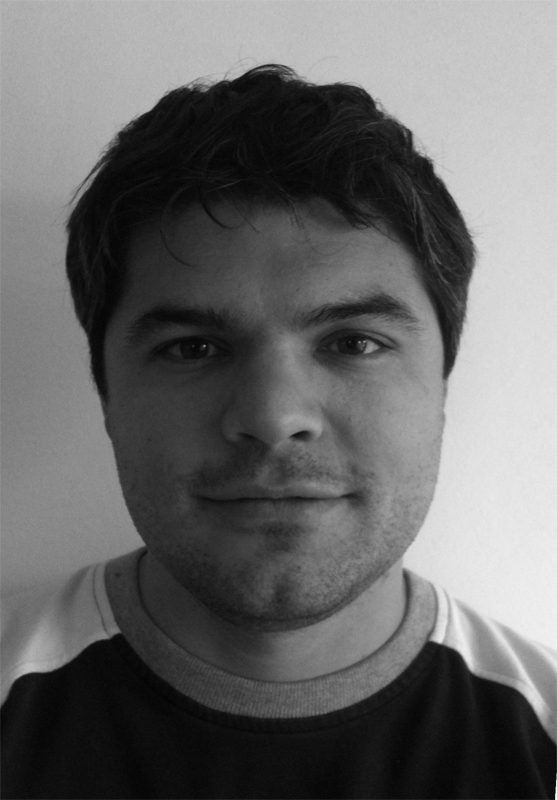

|
|
|
|
|
|
| GeoBI |
|
Andrea Gioia & Emmanuel Belo |
|
Open Data / Initiative |
| The open source location intelligence ecosystem |
|
|
|
|
|
GeoBI initiative is a joint effort of companies, organizations, projects’ communities and individuals set up to:
- improve the coordination work in the Location Intelligence area disseminate BI knowledge in the GIS world and vice-versa promote the integration between BI and Geographical Systems strengthen connections among members and support new business opportunities
- create a research network focused on Location Intelligence turn research results into innovative enterprise-level applications.
all sharing the same principles:
- We want to create new value through GIS and BI integration separation of concerns.
- We focus on the integration of GIS and BI software stacks, keeping them as decoupled as possible; reinventing GIS functionalities into existing BI suites or vice-versa is no-sense constant growth.
- We believe that LI solutions must be able to scale up functionalities and costs incrementally, focusing on the answer to real users’ requirements, avoiding the all-or-nothing option low TCO (Total Cost of Ownership): we believe that only by reducing the TCO, the Location Intelligence can become pervasive. |
|
Andrea Gioia, Engineering Group,

Emmanuel Belo, Camptocamp
 |
|
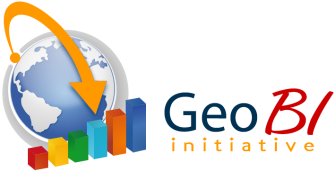 |
|
|
|
|
|
| HTML5 & Kompozer |
|
Fabien Cazenave |
|
HTML5 |
| Declarative approach for HTML Timing using SMIL/Timesheets |
|
KOMPOZER Project Leader, INRIA |
|
Multimedia |
|
I’ve just been hired by INRIA to develop a Mozilla-based, multimedia-dedicated, web authoring tool. I’m working in a team that has been very active in the SVG and SMIL working groups and that has developed Amaya a while ago. After three months working here, I came up with two conclusions:
* the full SMIL spec (≠ SVG animations) is completely overkill for web browsers
* the SMIL/Timing module is magic: simple to use and offers a lot of cool features to web pages like timing, media synchronization and user interaction management. I wish this could be part of HTML5! |
|
I’m currently working on a JavaScript implementation of the SMIL/Timing module. I’ve had the opportunity to give a lightning talk about this project at the Mozilla Summit in Whistler, and I’ve made significant progress since.
Here’s a quick overview of SMIL/Timing and how we can use it in web pages. The full story and all the demos are on labs.kompozer.net/timesheets. |
|
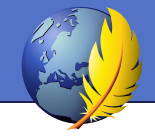
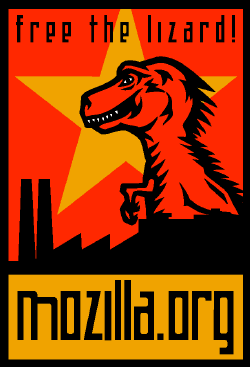
|
|
|
|
|
|
| FossBazar-SPDX initiative |
|
Martin Michlmayr |
|
Legal Issue |
The State of Open Source Licensing & Ways to Improve It
|
|
HP OSS Division, Debian, Cyrius |
|
Initiative |
|
Love it or hate it but correct licensing is an important component of every free software and open source project. This is especially true as an increasing number of corporations are adopting and distributing open source applications and code.
This talk will therefore give an overview of the current state of open source licensing, discussing topics such as contributing agreements and copyright agreements such as Joint Copyright Assignments (JCA).
The talk will also discuss about ways of identifying licensing information in code using tools like FOSSology. Finally, ideas for improving the current state of open source licensing are proposed.
In particular, the Software Package Data Exchange (SPDX) effort will be present, which is working on a standard to exchange copyright and licensing information about open source software. |
|

|
|


|
|
|
|
|
|
| Understanding intellectual property in academic software… |
|
Teresa Gomez Diaz |
|
Legal Issue |
| …comparing scientific publications and software distribution |
|
LIGM, PLUME |
|
Methodology |
|
While intellectual property issues seem to be well known in scientific publications, we have found that there are not so much well understood for software produced at research laboratories.
After a first experience on dealing with the software produced at LIGM (http://igm.univ-mlv.fr/LIGM/) followed by the increasing experience on the PLUME project (http://www.projet-plume.org/), we think that it is necessary to understand better the legal aspects of software production for research. |
|
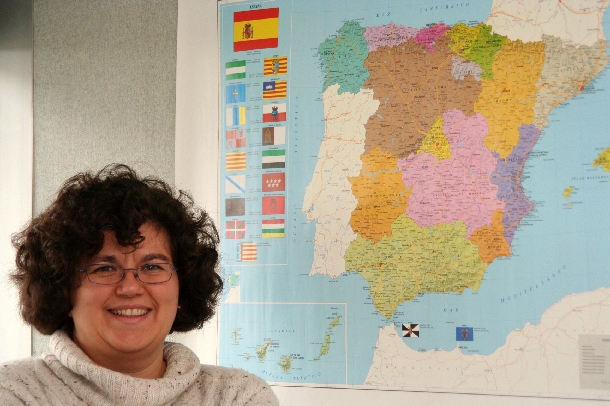 |
|
 |
|
|
|
|
|
Legal Issue experiences from the Haiku project!
|
|
Francois Revol |
|
Education |
Legal issues in the Haiku community. This talk will present the legal issue strategy in the Haiku project .. moving from an Prioritory software to an OSS one.. the fear of the community.. the patents.. GPL3…
|
|
One of the TOP Haiku contributor and Phd Student at University of Joseph Fourier, Grenoble. |
|
 |
|
|
|
|
|
| |
|
|
|
|